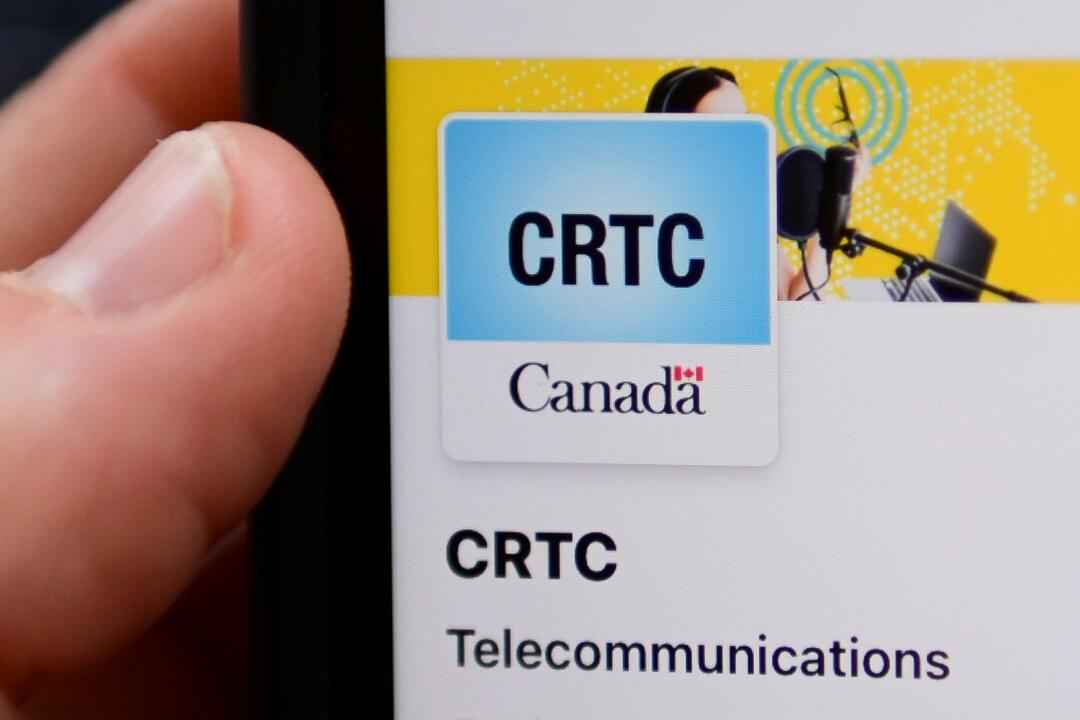Canada’s broadcast regulator will begin it’s process later this year of defining “Canadian and Indigenous content” under the new broadcasting-system regulations that will come into effect as a result of Bill C-11, Online Streaming Act, passing into law.
The Canadian Radio-television and Telecommunications Commission (CRTC) wrote in its online “Regulatory Plan to modernize Canada’s broadcasting system” on May 30 that it plans to begin holding “preliminary engagement sessions” this fall with media industry stakeholders and creators that it says “will help design the approach for a full public consultation.”





